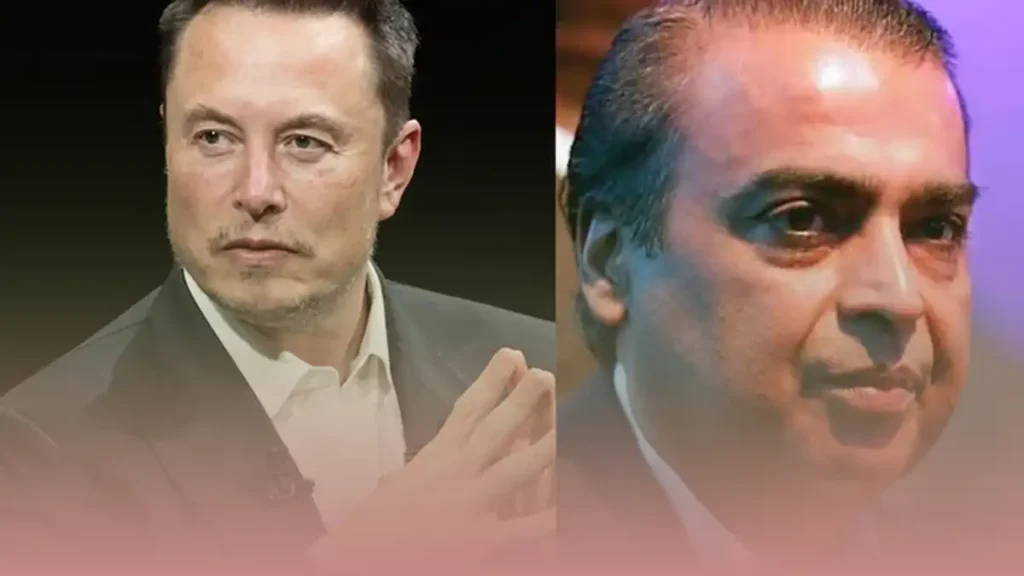
You may have seen in the news about the clash between billionaires Elon Musk and Mukesh Ambani over satellite spectrum rights to provide internet services via satellite. In this battle, Musk seems to have taken the lead. Let me explain what’s happening.
Elon Musk vs. Mukesh Ambani
Elon Musk’s Starlink operates a massive network of around 6,500 satellites orbiting Earth, delivering high-speed internet even to the most remote and rural areas. When Starlink sought to bring its services to India, Mukesh Ambani—the man behind Jio, who invested $19 billion in building traditional telecom networks—wasn’t pleased.
Ambani wanted the satellite spectrum to be auctioned. However, this approach is unusual because satellite spectrums are coordinated globally by the United Nations and are not typically sold by individual countries since satellites orbit the entire planet.
In response, Elon Musk simply called the situation “unprecedented” and tweeted that he could reach out to Ambani directly if it was too troublesome to allow Starlink to compete.
In a recent development, the Indian government decided to adhere to global practices and cleared Starlink’s satellite spectrum, allowing the service to enter India. This decision enables Starlink to provide internet access at a much lower cost than traditional networks.
The real winners here are millions of Indians in remote areas who currently lack internet access and can get an internet connection at a cheaper price.
